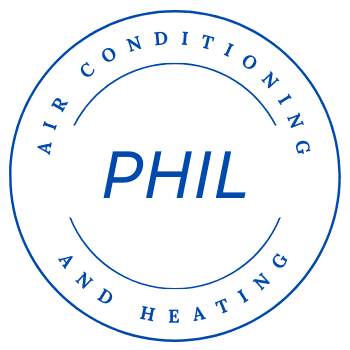Understanding HVAC:
Essential Terms Every Homeowner Should Know
As a homeowner, managing your HVAC (Heating, Ventilation, and Air Conditioning) system efficiently is crucial for comfort and cost-effectiveness. However, navigating through HVAC terminology can often feel like deciphering a foreign language. To empower you in making informed decisions about your home’s climate control, here’s a comprehensive guide to essential HVAC terms:
1. HVAC System
Your HVAC system is responsible for maintaining indoor comfort by controlling temperature, humidity, and air quality. It typically includes a furnace, air conditioner, ductwork, thermostat, and sometimes a heat pump.
2. SEER (Seasonal Energy Efficiency Ratio)
SEER measures the efficiency of an air conditioner or heat pump. Higher SEER ratings indicate greater efficiency, leading to lower energy bills. In warmer climates, a high SEER rating is particularly beneficial.
3. AFUE (Annual Fuel Utilization Efficiency)
AFUE is used for measuring the efficiency of furnaces and boilers. It indicates the percentage of fuel that is converted into usable heat. For example, an AFUE rating of 90% means 90% of the fuel is used for heating, while 10% is wasted.
4. Thermostat
A thermostat regulates the temperature in your home. Modern thermostats, such as programmable or smart thermostats, allow you to set schedules, control remotely, and optimize energy usage.
5. Heat Pump
A heat pump is a device that transfers heat from one place to another, either heating or cooling a space depending on the season. It’s an energy-efficient alternative to traditional heating and cooling systems in moderate climates.
6. Ductwork
Ductwork is the network of metal or plastic pipes that distribute air from your HVAC system throughout your home. Properly sealed and insulated ducts are essential for efficient heating and cooling.
7. HVAC Maintenance
Regular maintenance includes tasks like changing filters, inspecting ducts, and cleaning coils. It helps prevent breakdowns, improves efficiency, and extends the lifespan of your HVAC system.
8. Air Filters
Air filters trap dust, pollen, and other particles from the air. Regularly changing filters ensures good indoor air quality and prevents strain on your HVAC system.
9. Humidifier and Dehumidifier
A humidifier adds moisture to the air, while a dehumidifier removes excess moisture. Both are crucial for maintaining optimal indoor humidity levels for comfort and health.
10. Zoning
Zoning divides your home into separate areas, each with its own thermostat, allowing you to control temperatures independently. It enhances comfort and energy efficiency by heating or cooling only the areas that need it.
Understanding these fundamental HVAC terms empowers homeowners to communicate effectively with HVAC professionals, make informed maintenance decisions, and optimize energy use. Regular maintenance and timely repairs ensure your HVAC system operates efficiently, keeping your home comfortable throughout the year.
For expert HVAC services and advice tailored to your needs, Phil Air Conditioning and Heating is here to help. Contact us today to schedule a consultation and ensure your home’s comfort and efficiency are in good hands.
Remember, a well-maintained HVAC system not only enhances comfort but also saves you money in the long run. Stay informed, stay comfortable!
